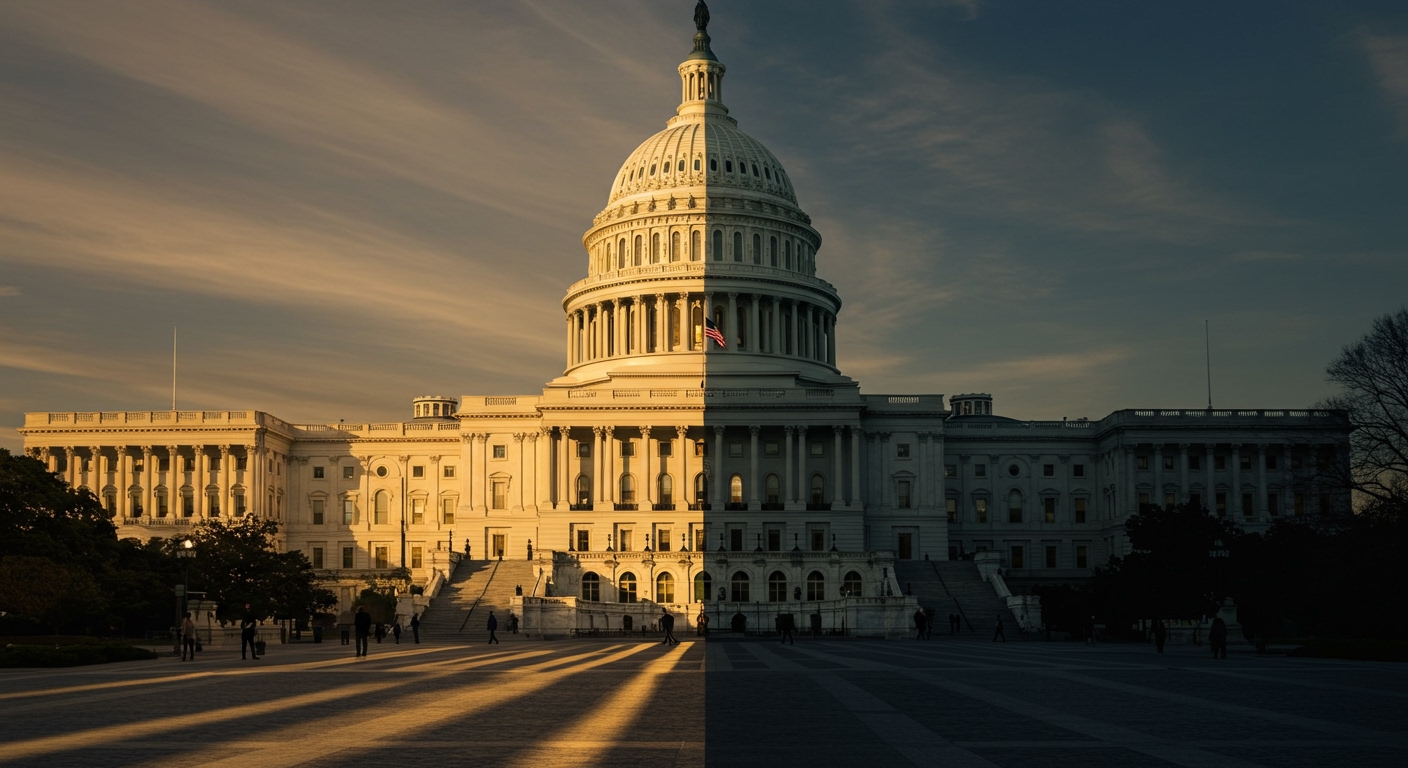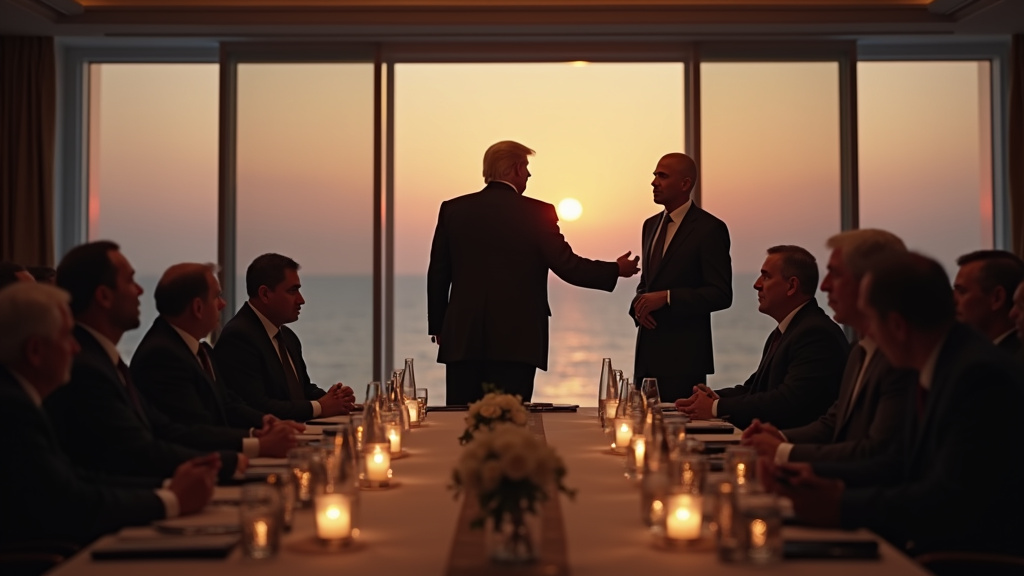Washington, D.C. – The U.S. House of Representatives is on the cusp of passing a massive $3.3 trillion GOP reconciliation package, officially titled the “One Big Beautiful Bill.” Final passage of the sweeping legislation is widely anticipated early Thursday morning, July 3, 2025, following an intense period of lobbying spearheaded by House Speaker Mike Johnson, House Majority Leader Steve Scalise, President Donald Trump, and senior administration officials.
The concerted effort has been aimed squarely at securing the necessary votes from a segment of holdout GOP lawmakers, whose support is crucial for the bill’s narrow path to passage in the Republican-controlled chamber. The legislative vehicle, a reconciliation package, is designed to bypass potential procedural roadblocks in the Senate, highlighting the GOP’s determination to enact their policy priorities swiftly.
Components of the Comprehensive Package
The substance of the “One Big Beautiful Bill” touches on major areas of the federal budget, combining significant tax policy changes with substantial adjustments to social safety net programs and increased defense spending.
A cornerstone of the bill is the extension and expansion of the 2017 tax cuts originally enacted under the Trump administration. Beyond perpetuating those measures, the package introduces new tax cuts specifically targeting tips, overtime pay, and benefits received by Social Security recipients. These provisions are framed by proponents as delivering direct financial relief and incentives to a broad spectrum of American workers and retirees.
Simultaneously, the legislation proposes significant reductions in funding for key federal programs, namely Medicaid and the Supplemental Nutrition Assistance Program (SNAP). These cuts have drawn sharp criticism from opponents who argue they will disproportionately impact low-income families and vulnerable populations.
On the spending side, the bill allocates hundreds of billions of dollars towards defense and border security. This substantial investment reflects Republican priorities regarding national security and immigration enforcement, addressing concerns about military readiness and the situation at the U.S. southern border.
Intensive Lobbying Efforts
The final hours leading up to the expected vote have seen a flurry of activity from the bill’s most prominent advocates. Speaker Mike Johnson and Majority Leader Steve Scalise have been central figures in internal party negotiations, working to unify the diverse factions within the House Republican conference.
President Donald Trump has also been deeply involved, leveraging his influence within the party to rally support. Working in conjunction with senior administration officials, the lobbying campaign has included numerous calls, meetings, and public statements aimed at persuading undecided or skeptical Republican members to back the “One Big Beautiful Bill.” Securing the votes from remaining holdouts has been depicted as the final hurdle in the House before the bill can advance.
Divergent Views on Economic Impact
The potential economic consequences of the $3.3 trillion package are a central point of contention, dividing policymakers and experts along predictable lines.
Proponents, led by President Trump and Republican leaders in Congress, assert that the bill’s combination of tax cuts and targeted spending will serve as a potent stimulus for the U.S. economy. They argue that lowering the tax burden on individuals and businesses, alongside investments in defense and border security, will spur job creation, encourage investment, and ultimately lead to broader economic growth.
Conversely, opponents, including Democrats and numerous independent budget experts, contend that the legislation will add trillions of dollars to the national debt. They project that the cost of the tax cuts, combined with spending increases in some areas despite cuts elsewhere, will significantly worsen the nation’s fiscal outlook without delivering the promised economic benefits.
Fierce Opposition Critiques
Democratic lawmakers have been particularly vocal in their opposition to the “One Big Beautiful Bill,” employing stark language to describe its potential effects.
They have broadly criticized the package as “cruel,” citing the proposed reductions in Medicaid and SNAP funding as measures that would cause hardship for millions of Americans relying on these essential services. Furthermore, Democrats argue that the tax provisions constitute a major benefit for billionaires and wealthy corporations, exacerbating income inequality rather than fostering equitable prosperity.
The Impending Vote
With lobbying efforts reportedly reaching their peak, the House floor is set for a vote expected in the early hours of Thursday morning, July 3, 2025. The anticipated passage would represent a significant legislative victory for Speaker Johnson, President Trump, and the Republican party, delivering on key campaign promises related to taxation and spending priorities.
However, the deep divisions highlighted by the debate signal that the bill, if passed by the House, is likely to face substantial political and potentially procedural challenges as it moves forward in the legislative process, particularly in the Senate.





